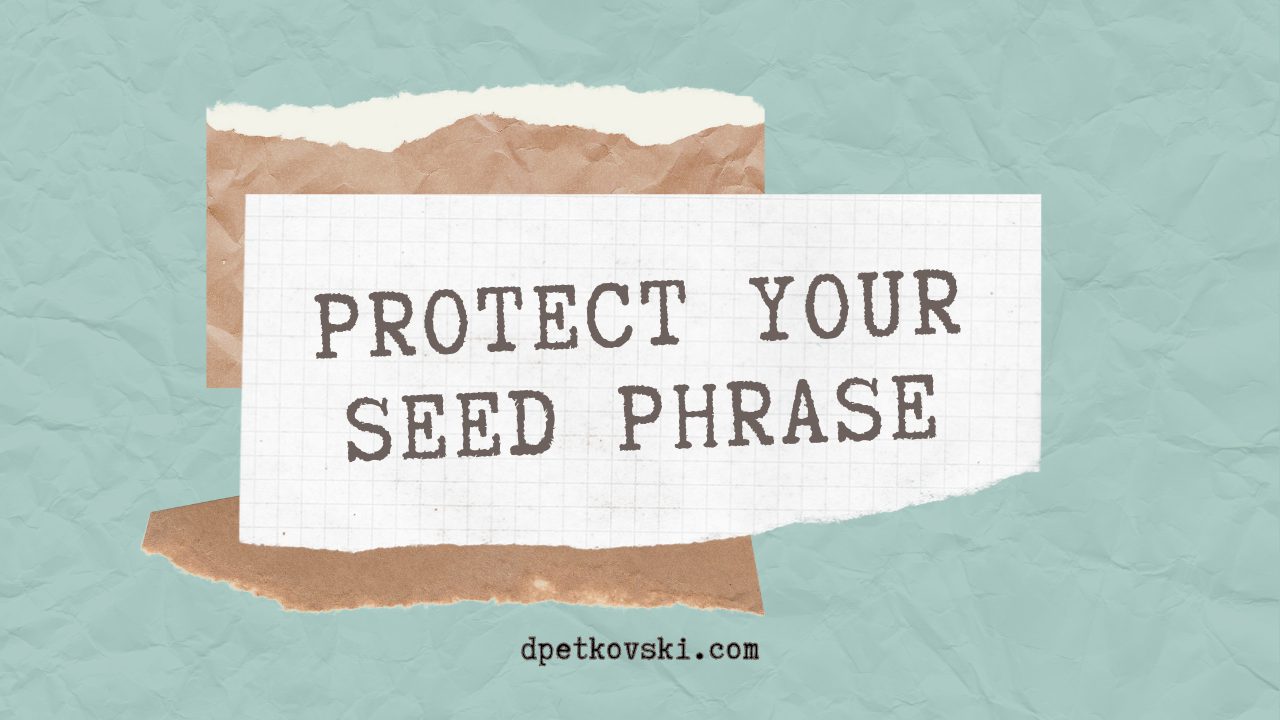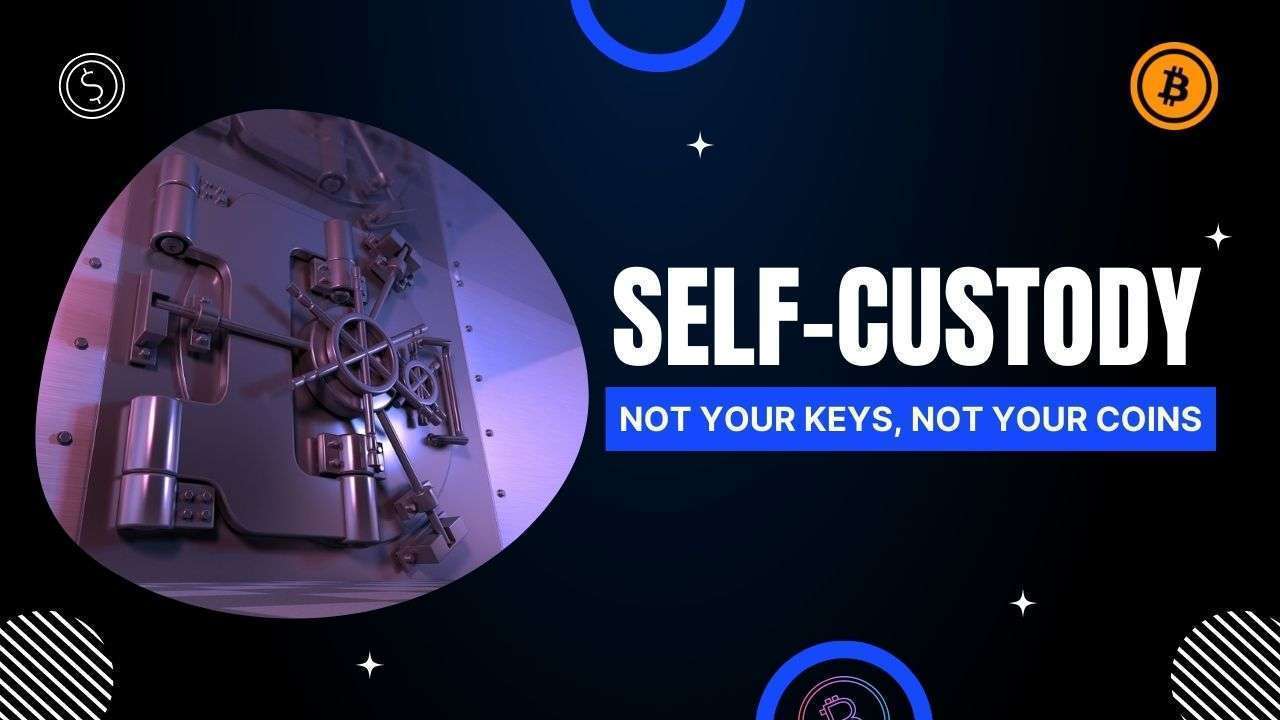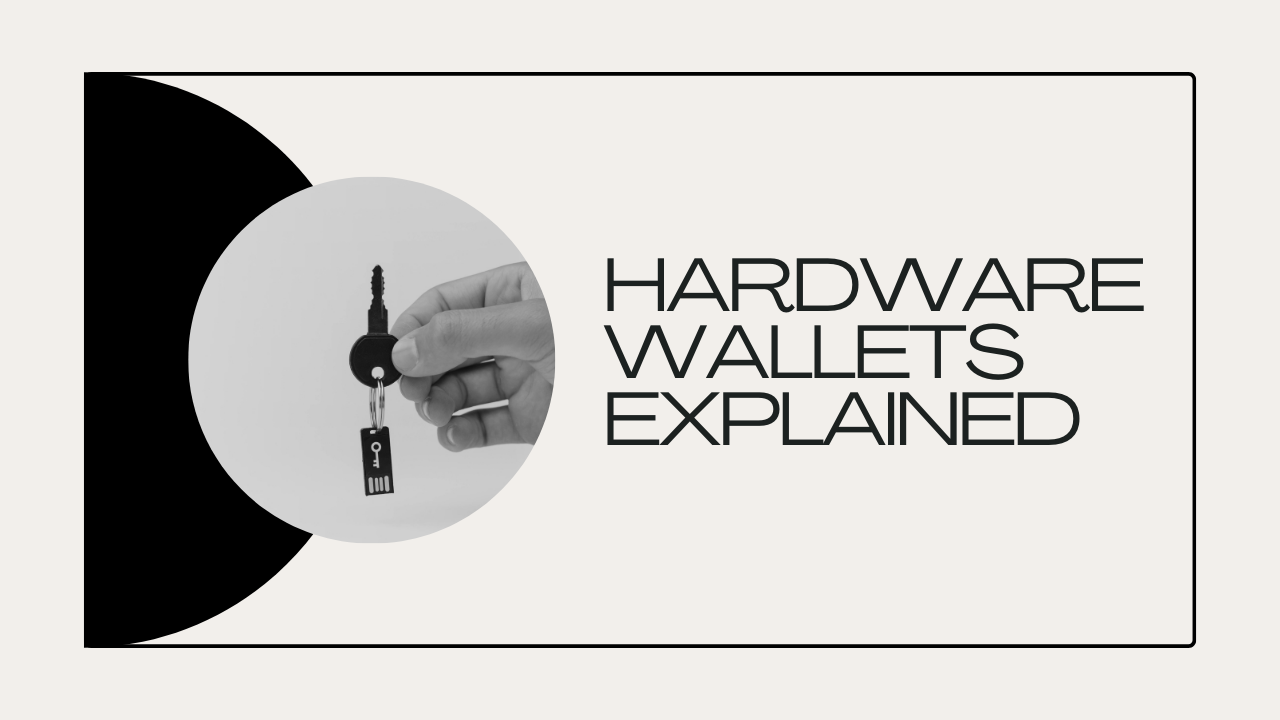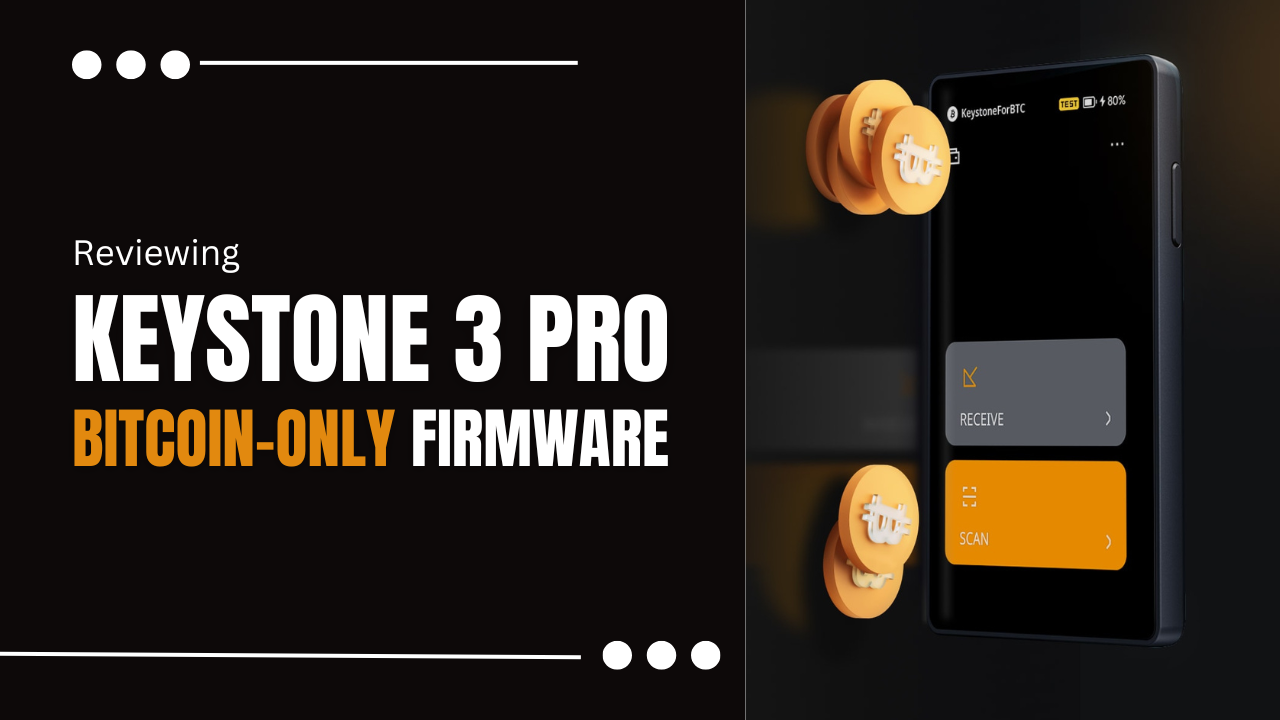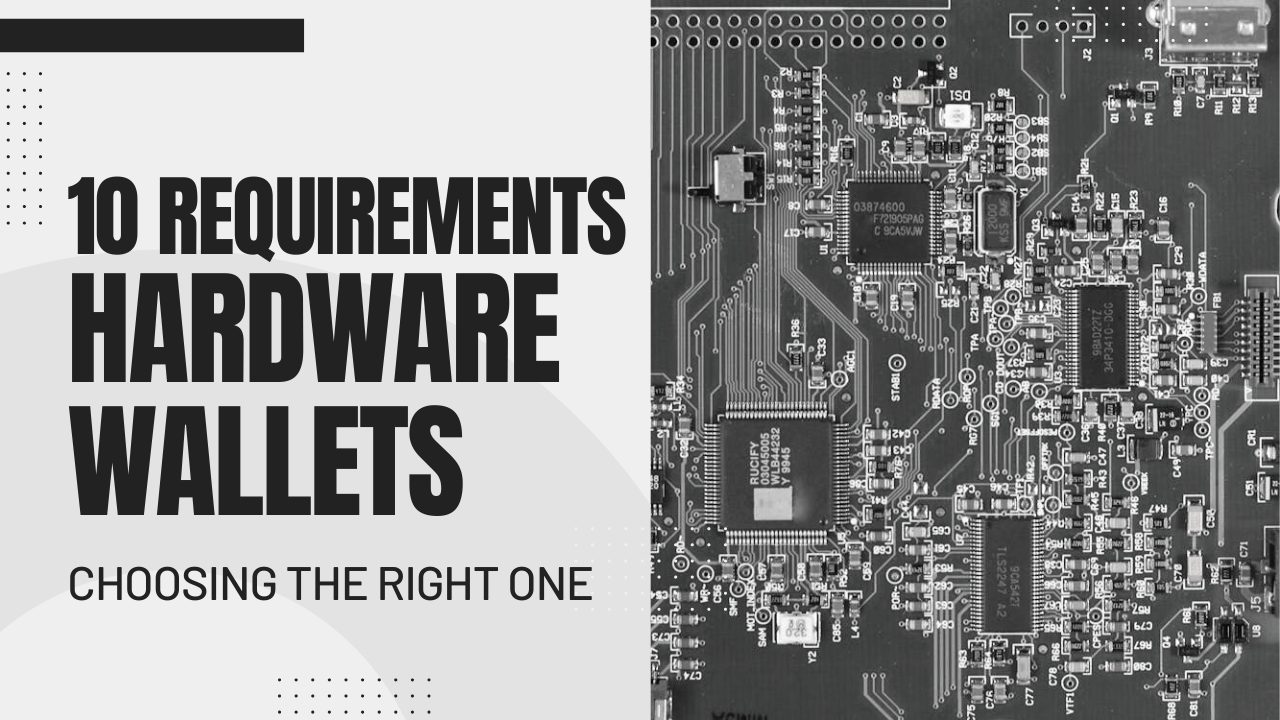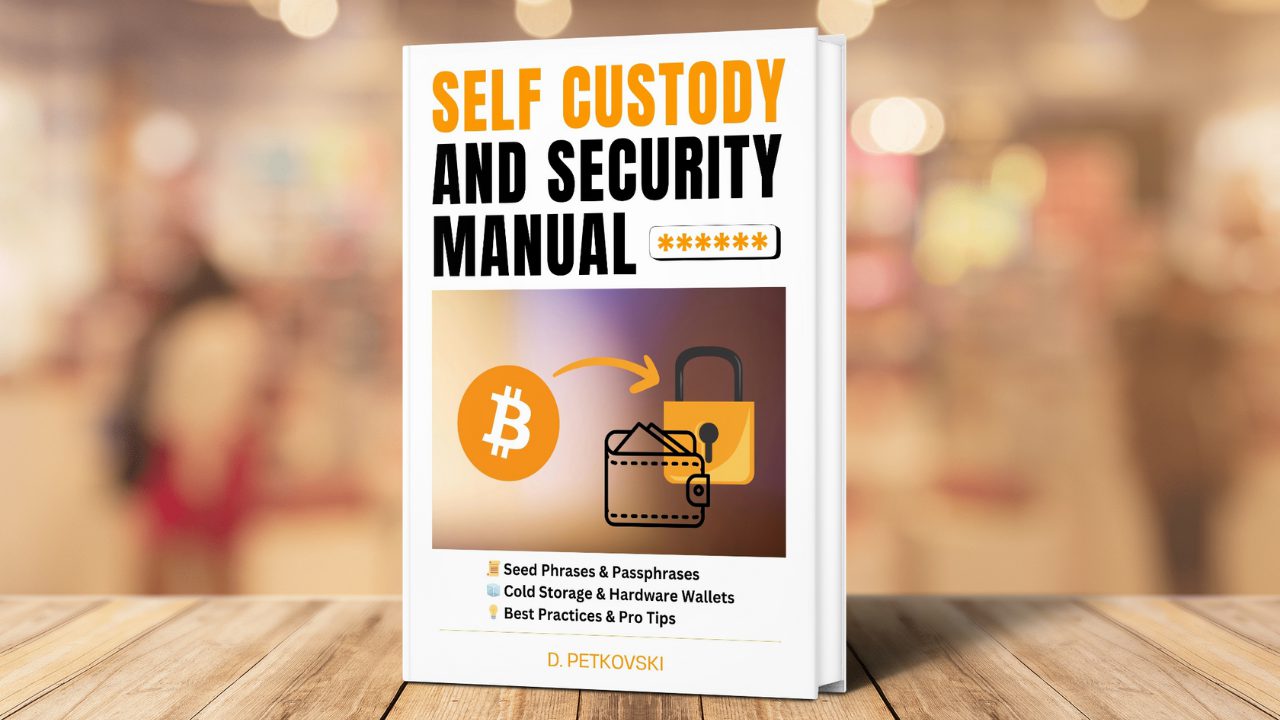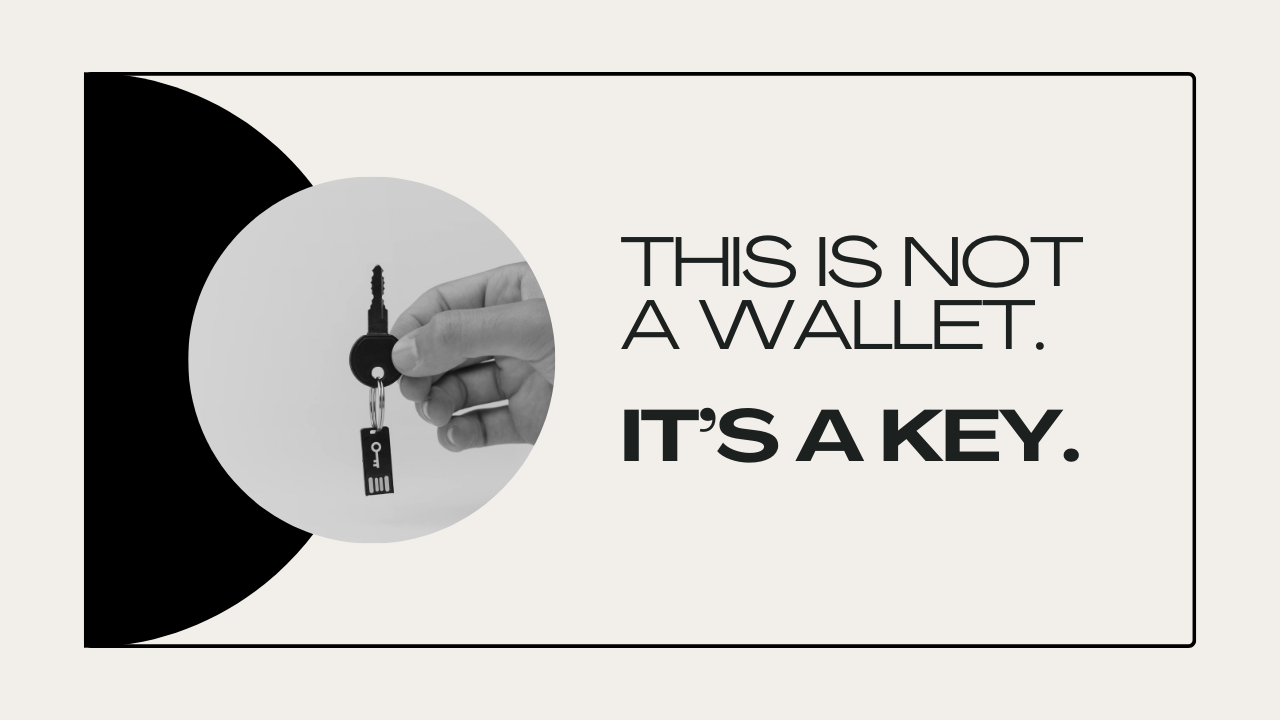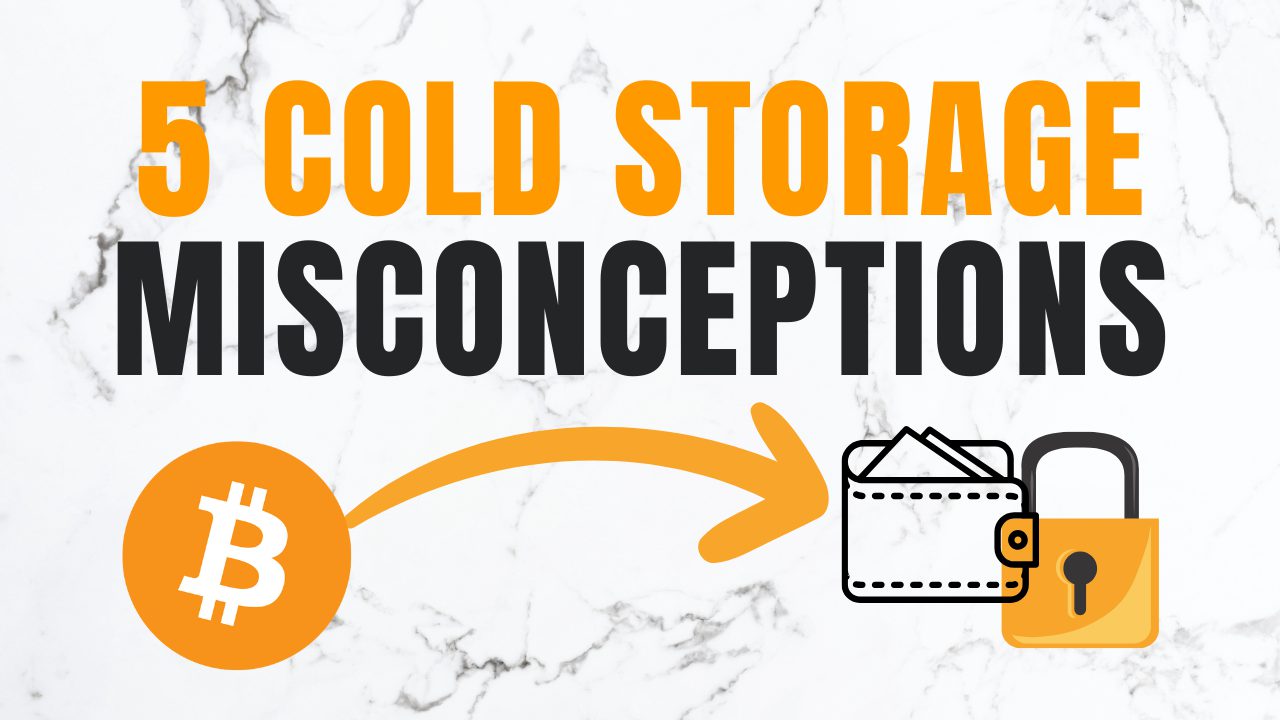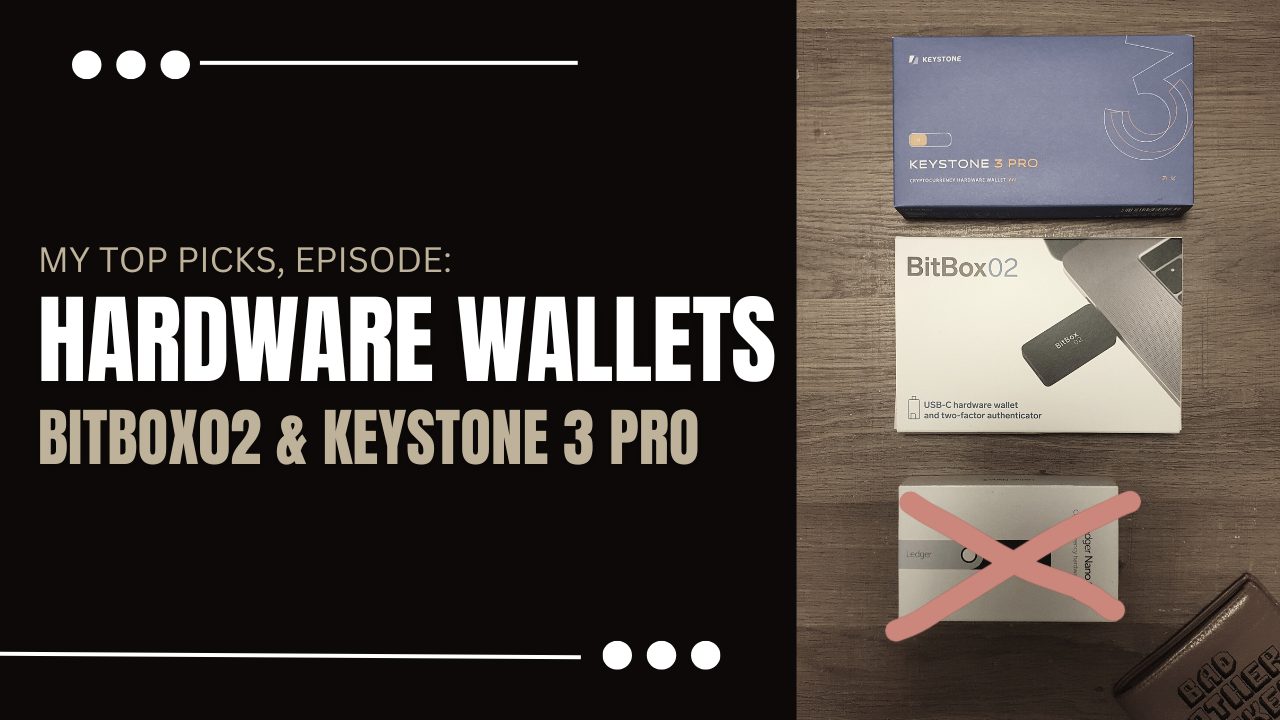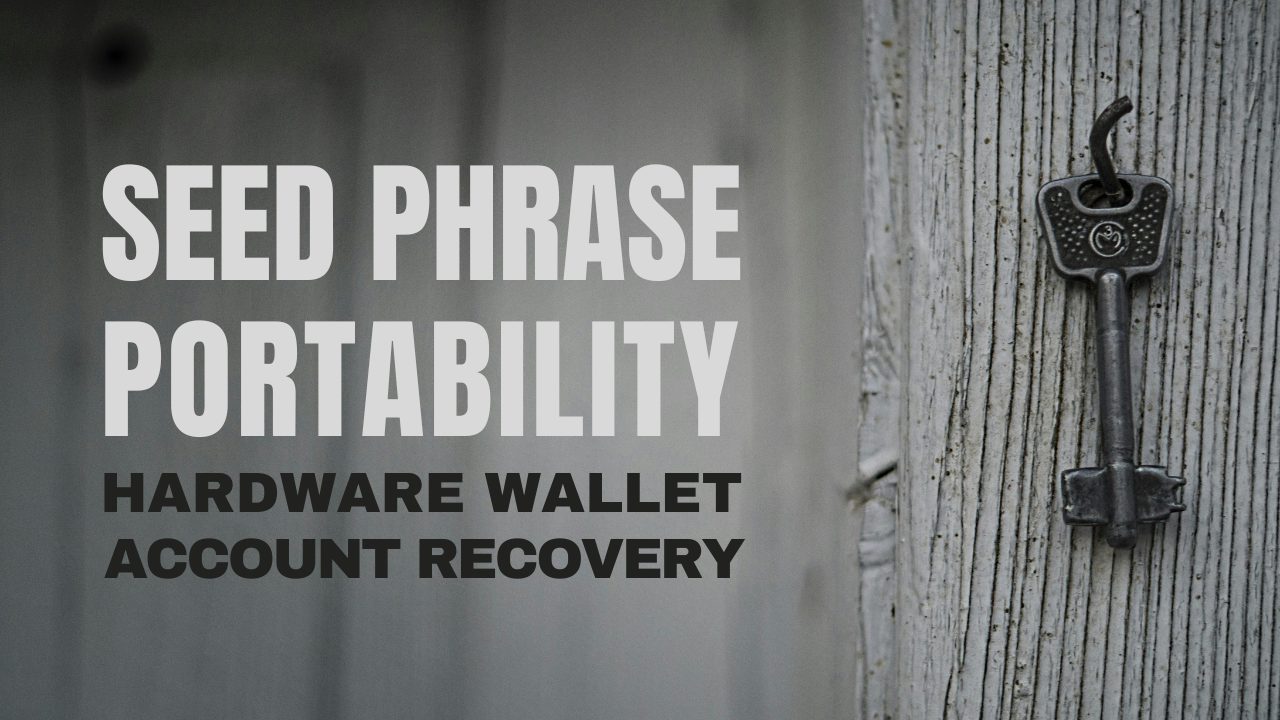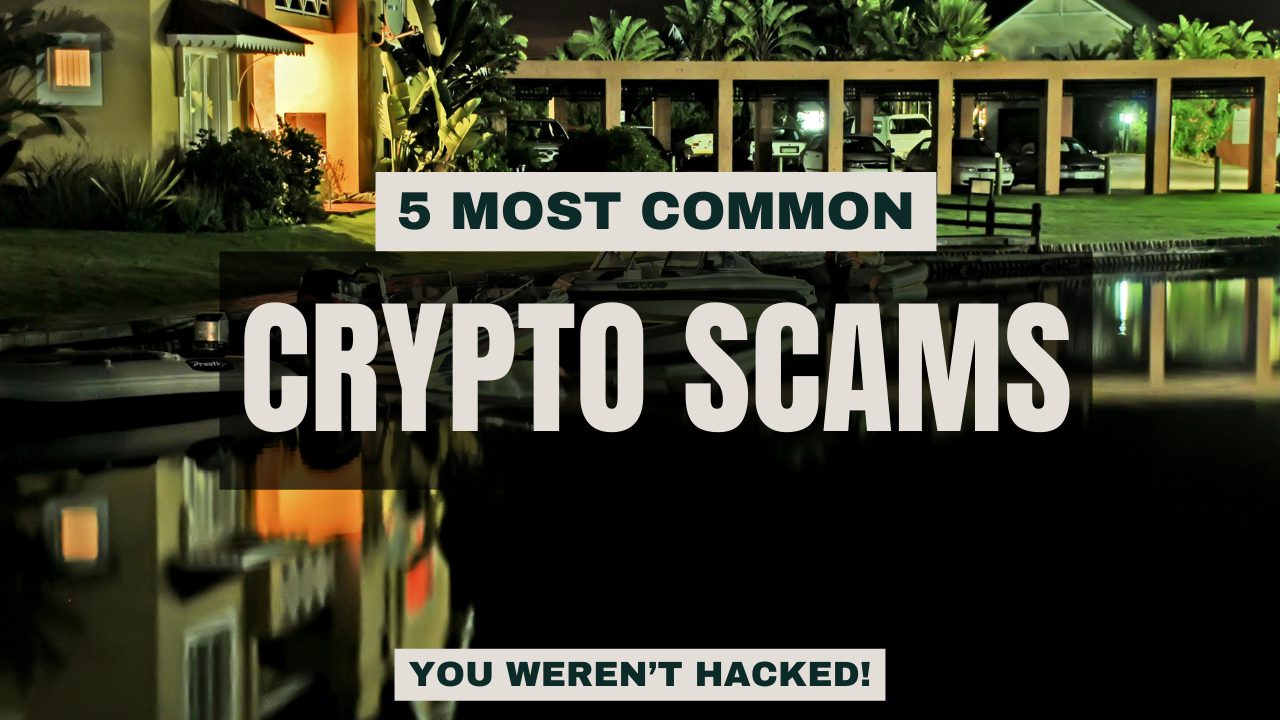
With crypto summer emerging, the scammers are back with their old bag of tricks.
This post is a n00b-friendly introduction to the most common crypto scams you should be aware of.
Note: even if you self-custody, that’s not protection against lack of common sense.
Having control of your coins makes you your own bank, i.e. responsible for the security of your assets.
Luckily, being safe is quite easy if you know what you’re doing.
Most Common Crypto Scams
1. Customer Support Scam
This is the most common crypto scam.
It happens to users of Reddit, X, Telegram, Discord, and similar apps popular with beginners.
It begins when you ask an actual question in a crypto community. Then, you get private messages from people that present themselves as customer support or group admins.
The message you’d get is something along the lines of:
“You need to synchronize your wallet with the dApp. Have you done that?”
And afterwards, you’d get a link.
Don’t click on it.
But if you do, you’ll end up on a website that looks something like this:
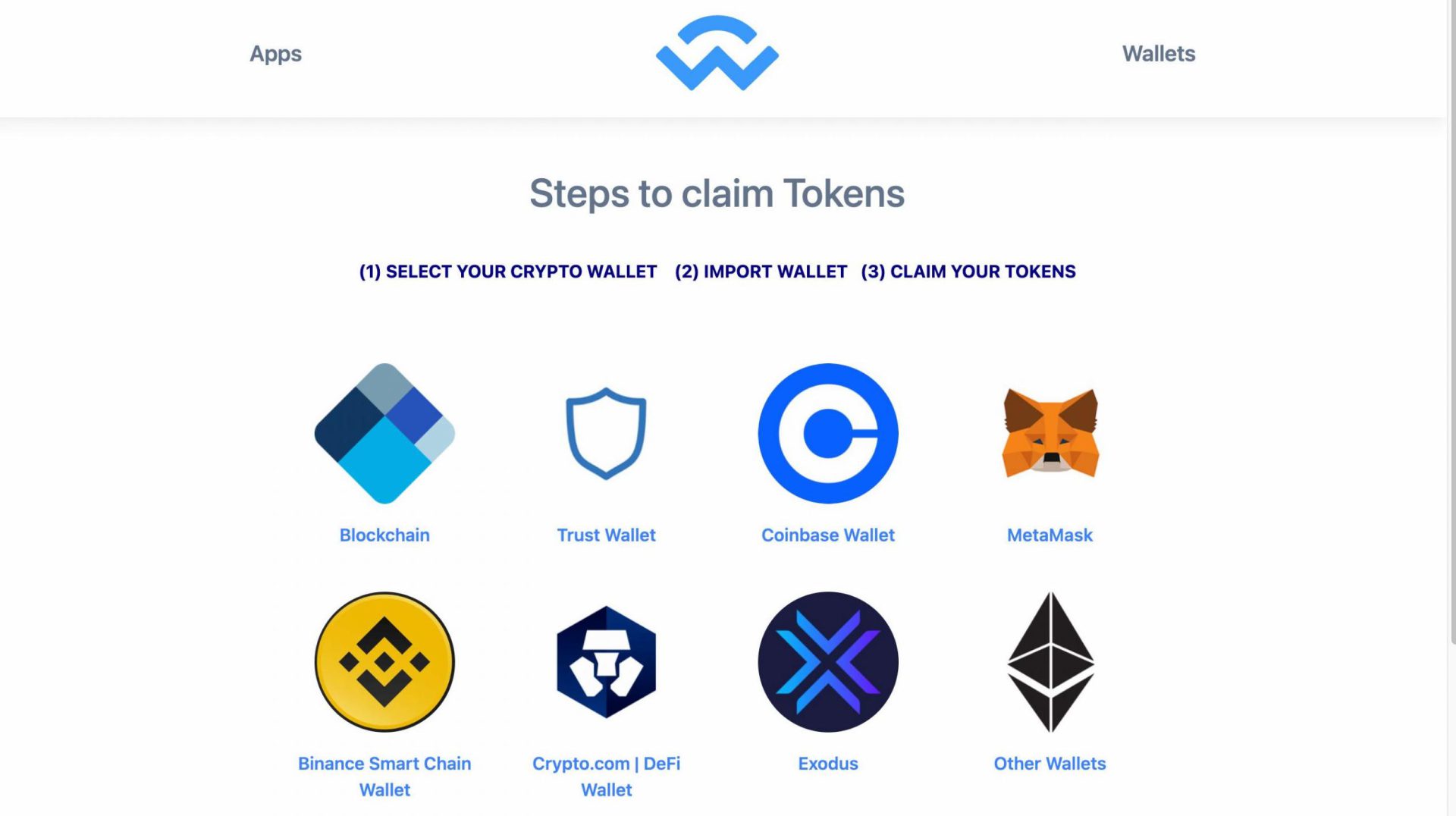
And when you click anything, you’ll be redirected to a screen with a textbox, asking you for your 12-24 word seed phrase.
Needless to say, finishing the procedure will give the scammer access to your wallet.
How to Protect Yourself Against a Customer Support Scam?
Never share your seed phrase with anyone or anything.
That’s literally it.
Don’t give away your words and you’re immune to fake customer support scams.
2. Airdrops Scams
There are many variations of this scam.
And now, with airdrops becoming more and more popular, scammers are also entering the scene.
Here’s an example of what you might see on your X timeline:

Scammers are getting images of real influencers/founders/projects and create scam ads to lure n00bs in.
If you go to these websites, you’ll be asked to do a variation of one of these:
- Deposit some $ETH “for gas fees” in order to withdraw your tokens, or
- “Claim” the airdrop by signing some smart contract
TLDR The $ETH you’d deposit would be stolen and the smart contract you’d sign would give the scammer spending authorization of your tokens.
Needless to say, in both cases, you won’t see your money again.
Another variation of this scam is receiving unknown tokens in your wallet with a reference to a website where you could allegedly sell them.
How to handle it?
Triple check your sources and verify any information you read.
Don’t interact with any tokens that appeared in your wallet.
Ignore everything you weren’t responsible for.
3. YouTube Giveaway Ads
Scammers pay YouTube to serve scam ads before you watch a cryptocurrency video.
They’re usually made using actual footage or a deep fake of popular people (such as Vitalik Buterin, Michael Saylor, Elon Musk, etc.), but on half of the screen there’s a text.
This text is something along the lines of:
“The Ethereum foundation does a giveaway of 1000ETH. Claim your limited spot! Send 0.01ETH, receive 0.02ETH back. Send 1ETH, receive 2ETH.”
Here’s an example of a deep fake of Larry Fink (the CEO of BlackRock) asking you to send him $BTC to get double back:
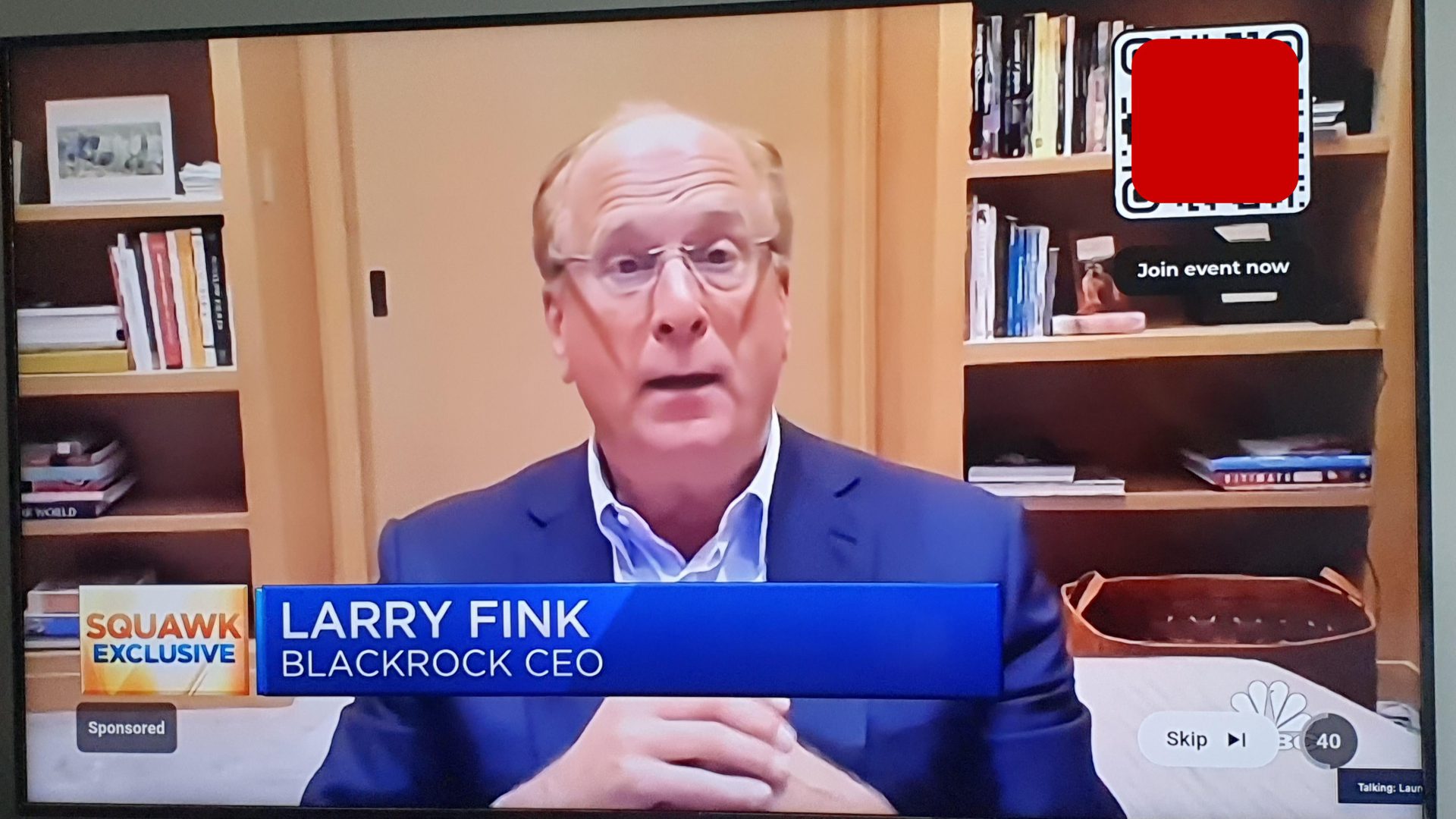
The fact that they’re ongoing since the last cycle besides YouTube’s efforts against them shows how dedicated are the scammers.
How to handle this scam?
Don’t send cryptocurrency to services that promise to double your investment.
Don’t send cryptocurrency to anyone.
Never interact with ads.
4. Ponzi Schemes
You are lured by your friends to invest in a platform that pays you 1-2% daily, but requires you to “lock” your coins for 3-6 months.
You see a number going up and even withdraw the interest you received.
So you triple your investment.
In a couple of months, the platform disappears.
How to handle this scam?
Don’t invest in ponzis and scams.
How to recognize ponzis and scams?
Learn. Study Bitconnect – almost all of them are a variation of the approach.
Until then, stick to Bitcoin.
5. Phishing Scam
If you’ve been in crypto for a while, it’s quite probable that someone got a hold of your email address.
CoinMarketCap had a leak. Ledger had a leak. Celsius had a leak. Kraken had a leak.
Your details are public.
One day, you wake up to an email from your favorite exchange. You need to verify your data or your account will be closed.
You log in and nothing happens.
Actually… A lot has happened.
You gave away your information to a phishing website impersonating a legit crypto exchange. A scammer or his program on the other side used your details to log in to the actual exchange and withdraw everything to his wallet.
How to handle this crypto scam?
Have bookmarks of the apps and platforms you’re using.
Verify the authenticity of any email you receive. Instead of following links, go to the actual website directly.
Conclusion
Use common sense.
Assume that nobody has good intentions.
Don’t trust, verify.
Never share your seed phrase with anyone.
And remember: actual “hacks” are incredibly rare. Almost everyone that lost money in crypto was scammed in giving away his assets.
Keep in mind, some scams are way more sophisticated than the ones here. I’ll cover those in a separate post.
But, surprisingly, people even fall for these ones.
 Husband & Father
Husband & Father  Software Engineer
Software Engineer 

